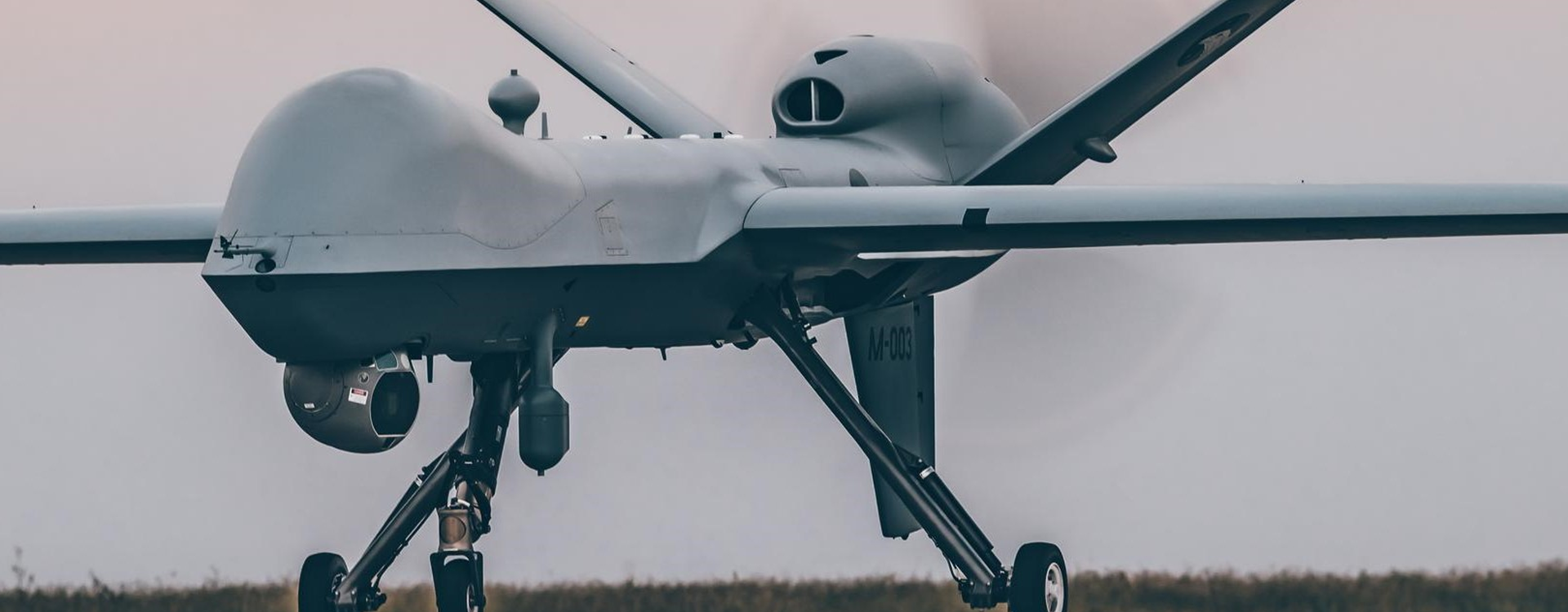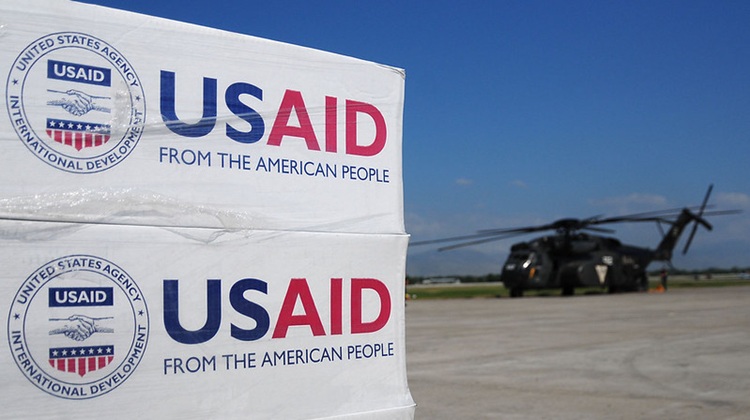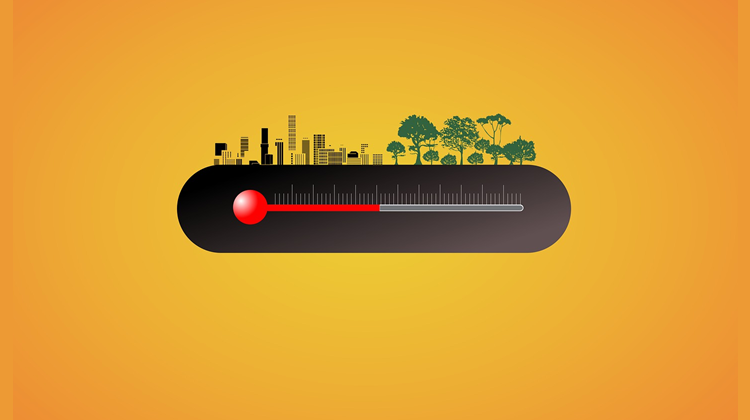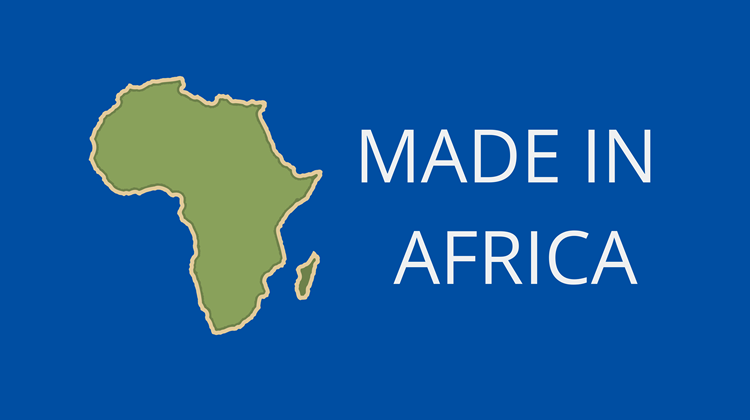Is Africa the next frontier for autonomous weapons?

The continent’s foreign arms suppliers are not keen on restricting killer robots.
With global hostility on the rise, emerging technologies are rapidly changing the nature of war. States and militant extremists alike are harnessing digital platforms and expendable machines, mainly drones, to gain strategic advantages. This is accelerating the evolution and adoption of lethal autonomous weapons systems — hardware empowered by artificial intelligence (AI) to attack targets with minimal human oversight. Or none at all.
While these systems are still evolving globally, their deployment is no longer theoretical. The world’s first true test case of a fully autonomous killer robot, built by a Turkish weapons manufacturer, allegedly took place in Libya in 2020. The question now is how the use of autonomous weapons will shape African conflicts in the future. There is potential upside to the technology. But it will also heighten the risk of military accidents or abuses. Plus, it is only a matter of time before it falls into the wrong hands.
While autonomous weapons systems are still evolving globally, their deployment is no longer theoretical
Proponents of autonomous weapons systems argue they will render armed conflict more humane. Defense tech companies and military officials claim that using AI will introduce greater precision into chaotic gunbattles or long-range strikes. This, in theory, should reduce collateral damage and the death of innocents. Machines also cannot feel stress, fatigue, vindictiveness or hate. Killer robots may then lessen the opportunistic sexual violence, looting and vengeful razing of property and farmland that often occurs in conflicts — a dark reality throughout Africa.
Beyond battlefield precision, proponents believe autonomous weapons could serve broader strategic functions. Advocates point to militarised border disputes as a scenario where autonomous weapons systems can promote peace through deterrence. Intelligent weapons systems also seem well-suited to address some of the security concerns that will stem from climate change. Machines can better withstand the types of scorching temperatures and bleak landscapes that will spread because of global warming. In Africa, they could be helpful in rooting out militant extremists who will be drawn to safe havens in the form of the ecological wastelands created by climate change and abandoned by the state, as is happening in parts of the Sahel.
Critics of autonomous weapons disagree. They insist that removing the human cost of war will incentivise aggression. Accountability mechanisms, such as military chain-of-command and international law, also depend on the use of force being attributable to human actors. Campaigners and human rights groups warn this dynamic will be compounded if human-in-the-loop models — where an operator must actively approve an attack — are deprioritised in favour of human-on-the-loop ones. In the latter, a human handler oversees and can intervene in a robot’s course of action, if desired, but otherwise the units are granted agency to identify, select and destroy targets based solely on programming parameters and algorithmic decision-making.
Yet, even human-in-the-loop systems could fuel violence due to the prevalence of automation bias. Research shows that people tend to defer to computer-generated decisions over their own evidence and perceptions. This could be problematic in Africa, given security forces’ already grim record of errors involving the use of conventional drones. A report from Drone Wars UK, a non-profit research group, suggests that “at an absolute minimum”, nearly 1 000 civilians were killed in Africa in 50 separate incidents involving lethal drones between November 2021 and November 2024.
The proposed benefits and speculated fears over killer robots could both prove correct on a case-by-case basis. Only time will tell. What is not in question is that these systems — which now range from drone swarms, robot assault dogs, air defence batteries, unmanned surface vessels, self-driving attack vehicles and more — will find their way to Africa. After all, African states remain reliant on foreign security assistance and arms suppliers. And these same military benefactors are nations deeply committed to developing autonomous weapons.
China’s growing military presence on the continent exemplifies this trend. The country, in early May, signed a defense agreement with Nigeria. It reportedly mandates that the Chinese state-owned defense contractor, Norinco, establish local facilities to manufacture advanced military equipment. Norinco is already working with Algeria, Burkina Faso, Côte d'Ivoire, Mali and Senegal, among others. This is at a time when China is making massive gains in automating warfare, and the digital communications networks of many African nations already run on Chinese technology.
Elsewhere, the war in Ukraine has been a major catalyst for Russian drone innovations. President Vladimir Putin now says he wants his country to boost arms exports to offset how falling oil prices are putting a strain on state coffers. Given the Kremlin has military-technical cooperation agreements with more than 40 African countries, as well as expansive business networks and expertise on the ground in the form of its Africa Corps, it is likely that Russian arms sales to Africa will soon include advanced drone technology. The withdrawal from Africa of the last remaining Wagner mercenaries in early June, likewise, signals a shift away from Russians engaging in frontline combat to more training and armament of local forces.
Turkish military drones have also proven their credibility and value by altering the trajectory of civil wars in favour of Ankara’s government clients in both Libya and Ethiopia. Turkey controls nearly two-thirds of the global market for armed drones, and in February also signed a pact with Somalia to arm and train its military for the next decade.
Meanwhile, India — which already sells weapons to several African militaries — is in the process of cementing defense industry ties with companies in Morocco, hoping to leverage Rabat’s access to the African Continental Free Trade Area to streamline Indian defense exports continent-wide. Indian defense tech start-ups have been building different variants of nano drones with embedded AI capability intended for anti-insurgency and counterterrorism operations since late 2023.
This all comes with the near certainty that killer robot technology will also be obtained by bad actors. Transnational terror groups and violent non-state organisations are reanimating in power vacuums created by America’s withdrawal from multilateralism. And a diffuse global economy, porous sanctions and popular encrypted messaging platforms such as WhatsApp and Telegram enable them to purchase weapons and sophisticated dual-use technologies more easily.
Indeed, high-tech drones are already being wielded by terrorists and insurgent groups against government forces in the poorest parts of Africa, including for propaganda purposes. Deepening ties between African groups and external outfits such as al-Shabaab and the Islamic State in Somalia, and Houthi rebels in Yemen, also feature technology sharing and knowledge transfer. Autonomous weapons could aggravate these risks by enabling malicious forces to extend their reach by pre-programming units to seek out targets far away from the front lines — closer to the heart of power in jurisdictions they hope to destabilise.
High-tech drones are already being wielded by terrorists and insurgent groups against government forces in the poorest parts of Africa
Meanwhile, there is a profound lack of institutional mechanisms in place to control the emergence and proliferation of autonomous weapons technology.
On 2 December 2024, 166 countries — including the whole of Africa — approved a resolution at the UN General Assembly to launch a new forum to expand efforts to legally regulate the use of killer robots. Yet, those that abstained from the vote reflect many of Africa’s leading arms suppliers — China, India, Iran and Turkey, as well as Ukraine, which turned to Africa to generate more support in its war with Russia. Washington under Donald Trump, for whom weapons sales are a pillar of the president’s transactional foreign policy, is also dismantling guardrails on autonomous weapons development and pulling support from international forums seeking to mitigate AI risks.
A Russian diplomat, speaking during a UN debate on AI arms control in May 2023, said, ‘We understand that for many delegations the priority is human control. For the Russian Federation, the priorities are somewhat different.’
Autonomous weapons systems will arrive in Africa sooner or later. And the window to shape international norms around them is very narrow. Without a clear African voice in global AI governance, the continent will likely become a proving ground and a casualty for others' technological ambitions.
Image: Dutch Ministry of Defence/Wikimedia Commons






